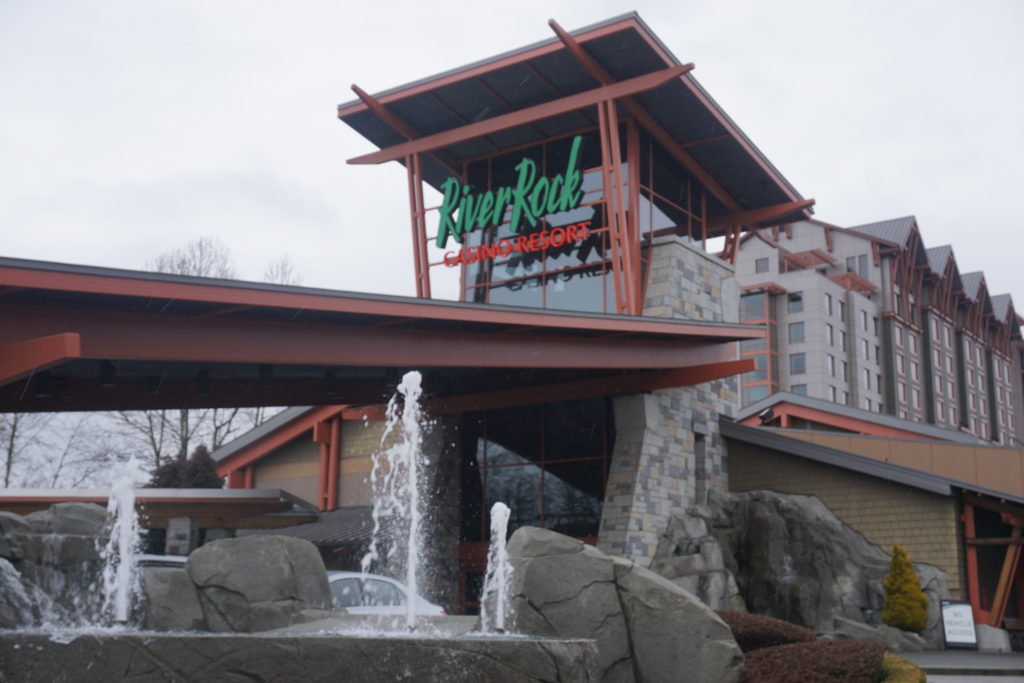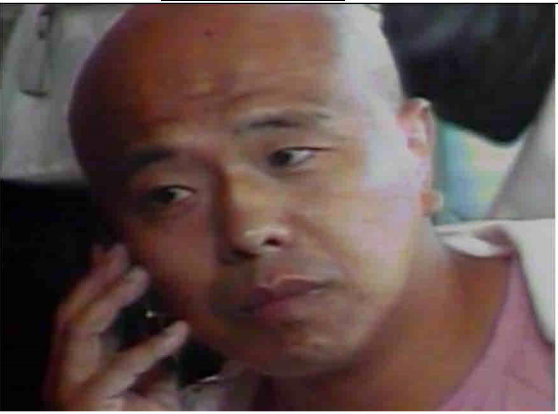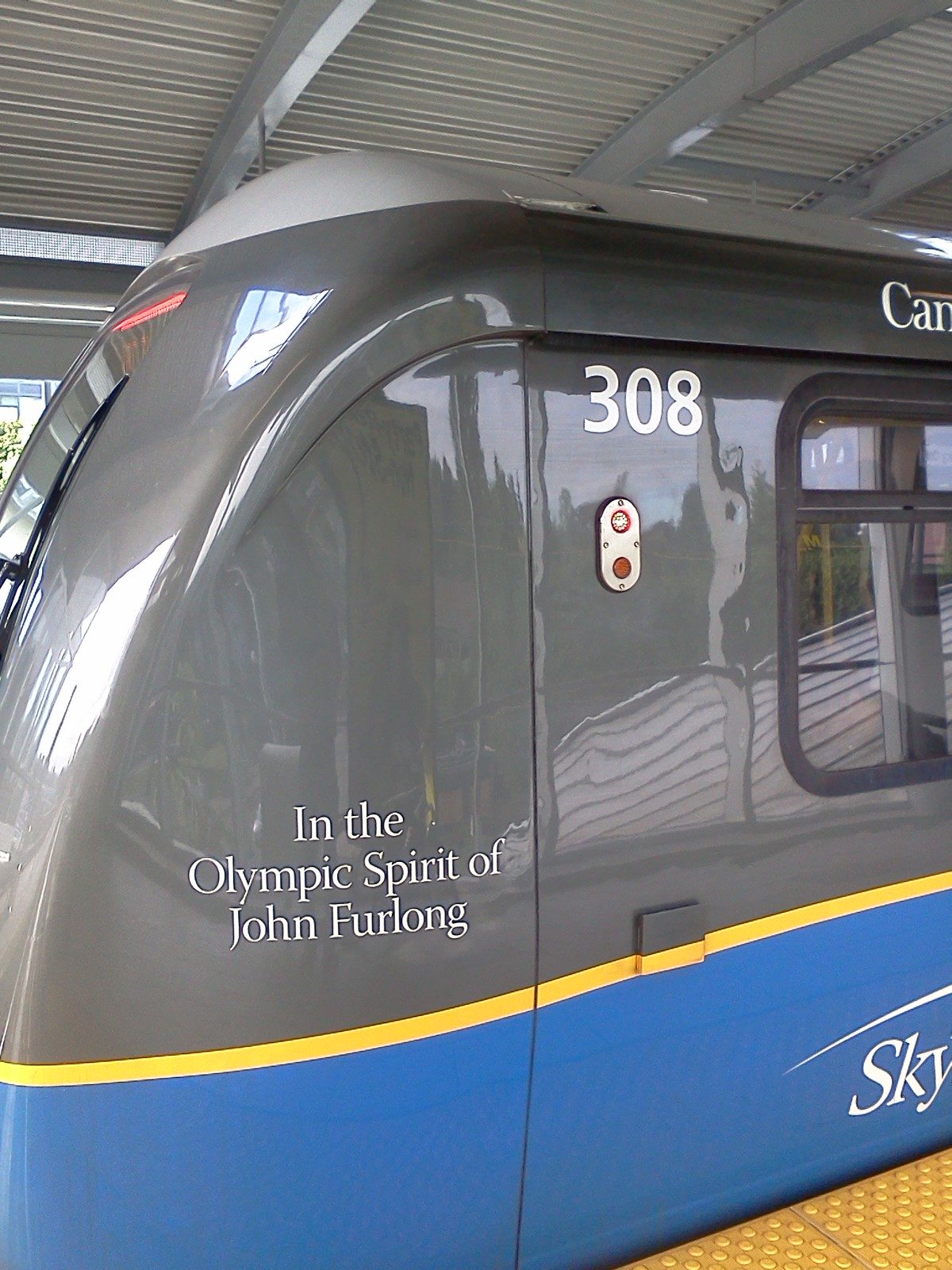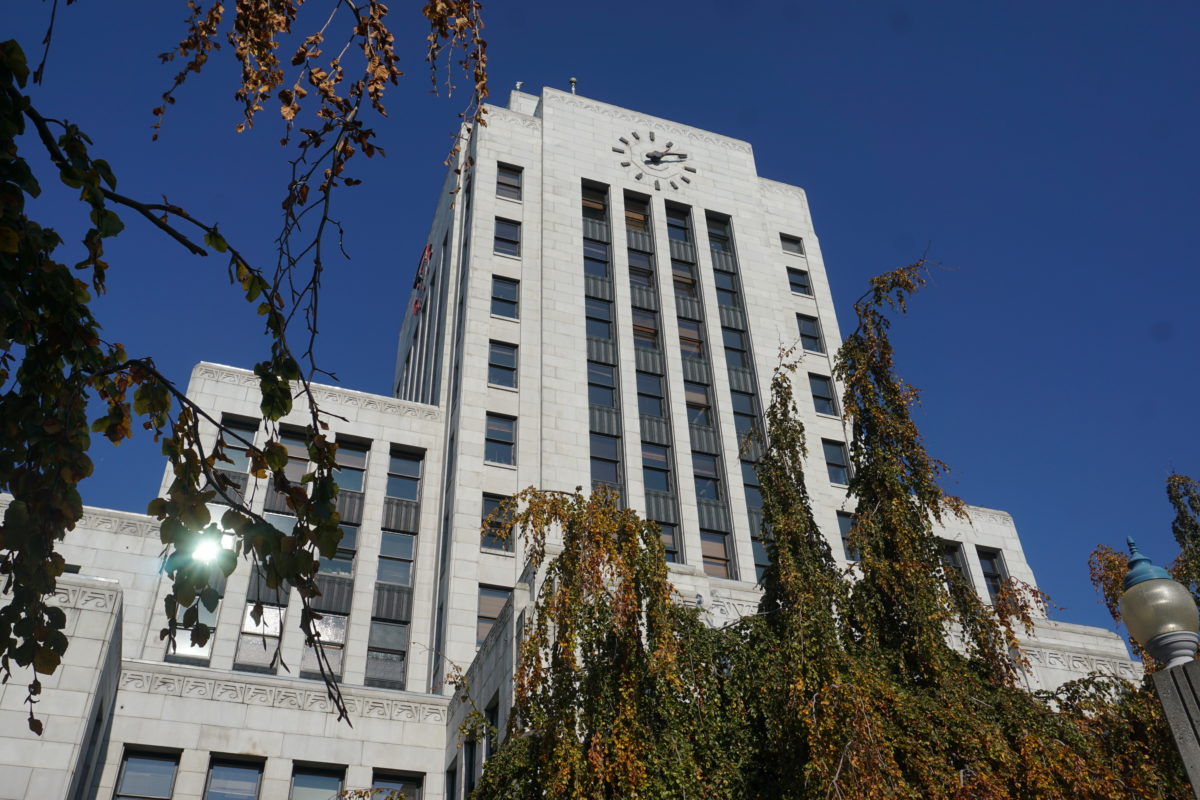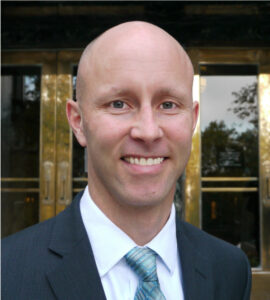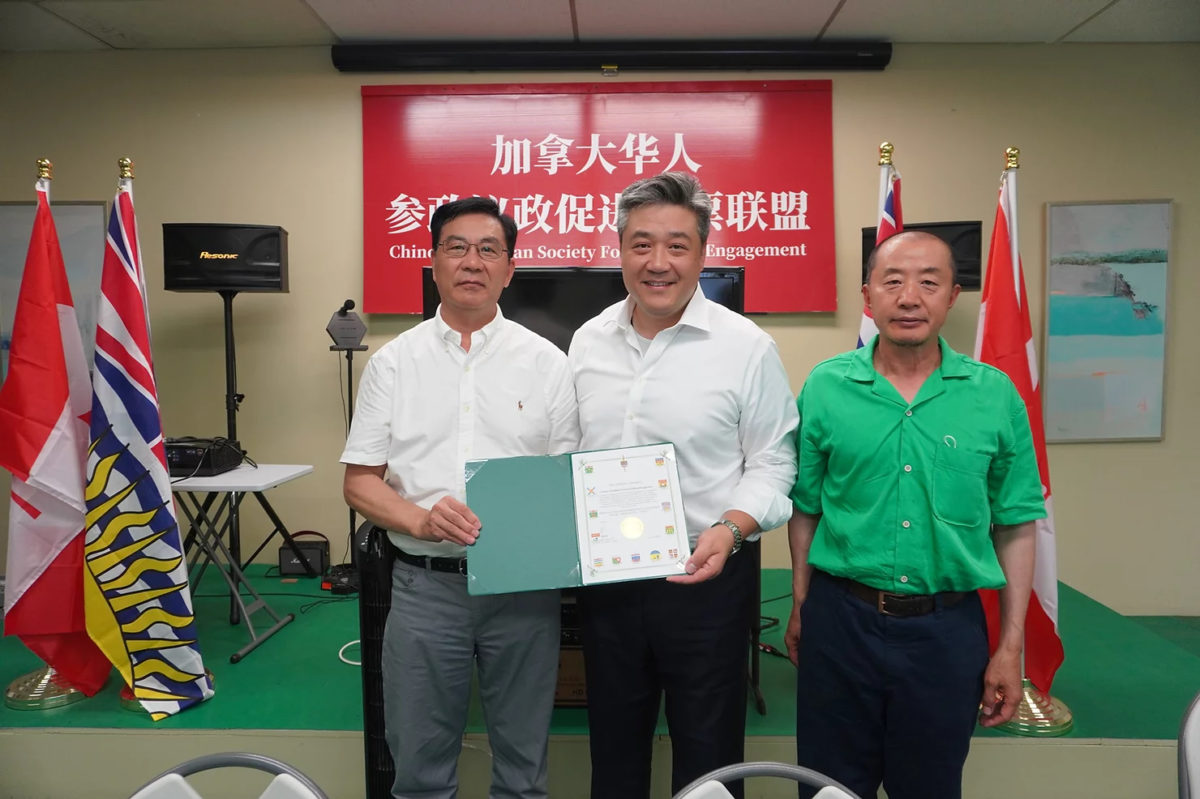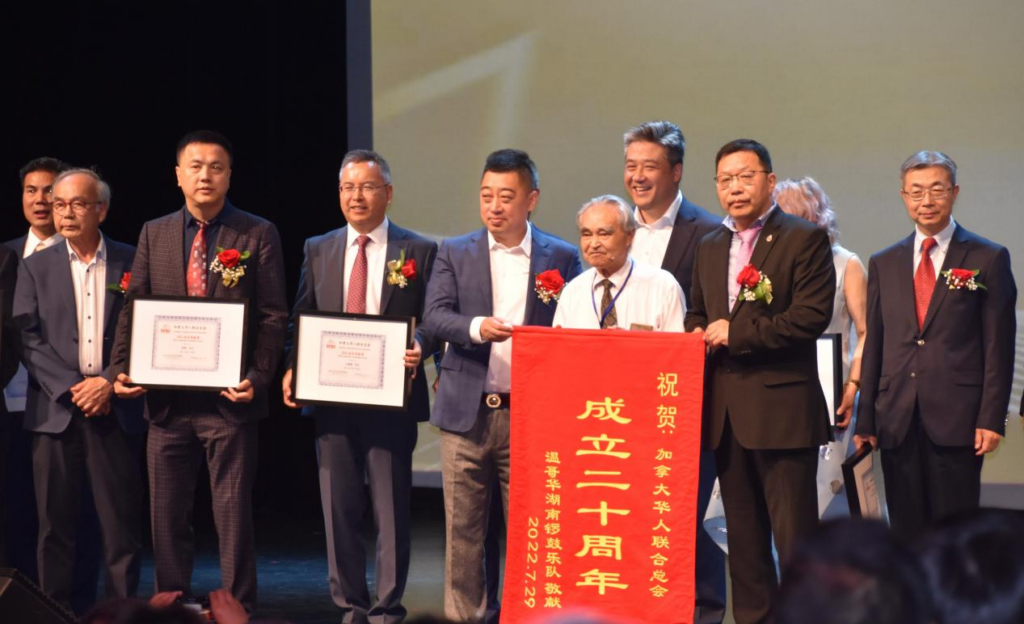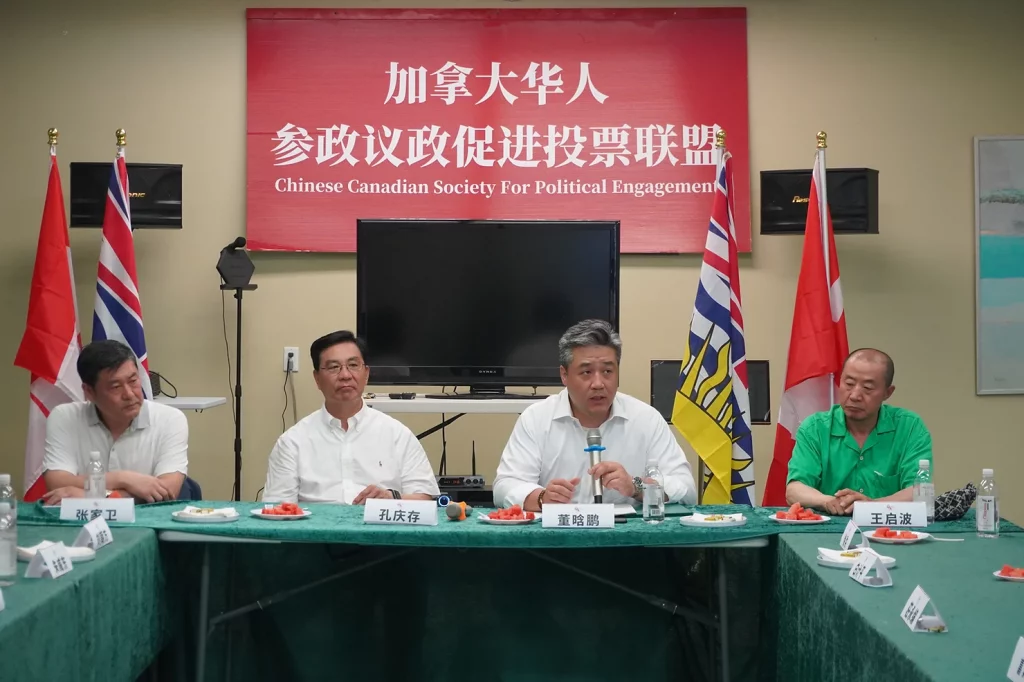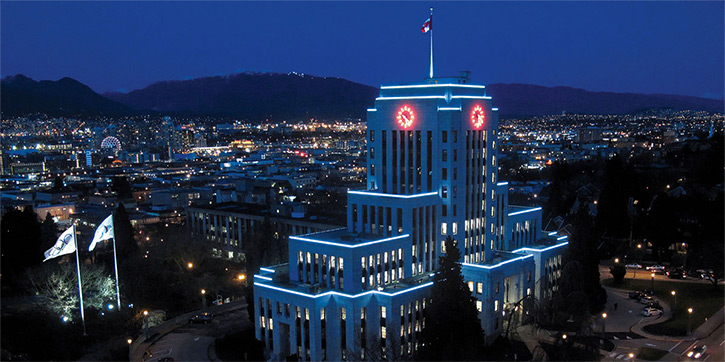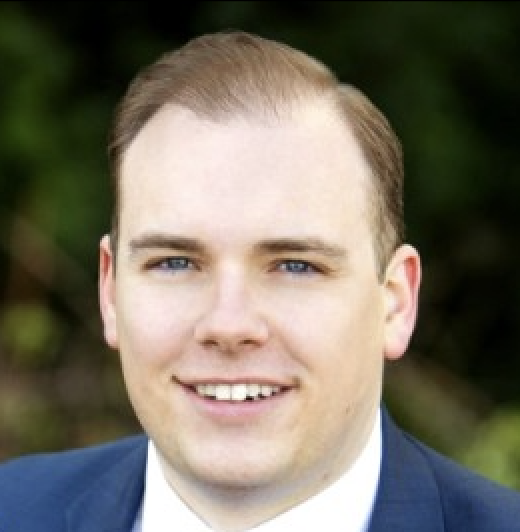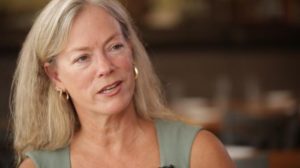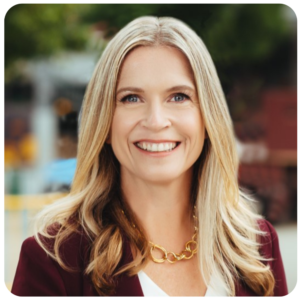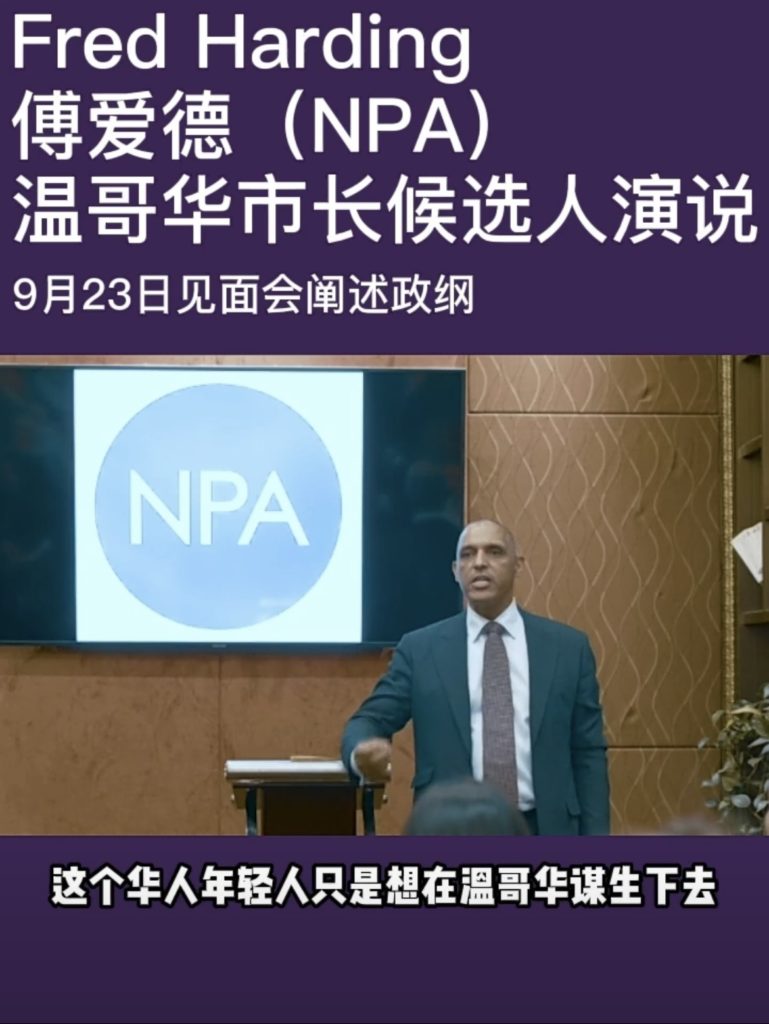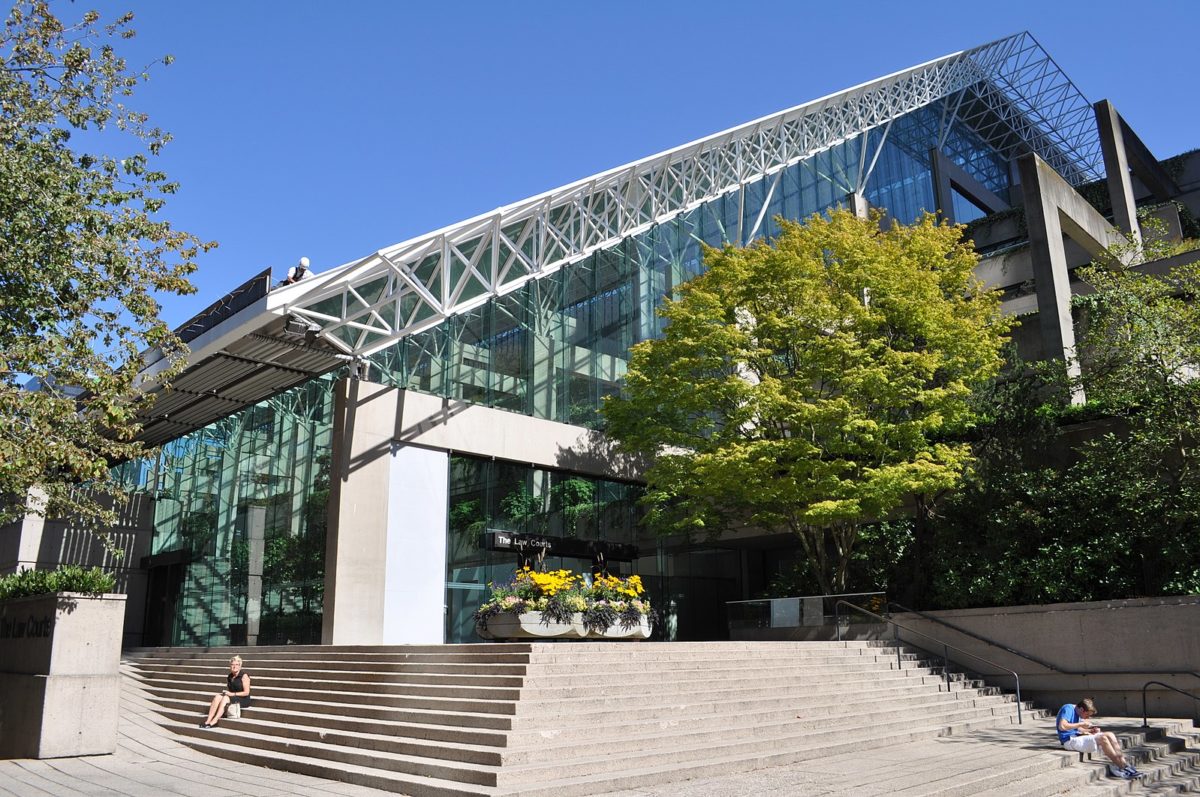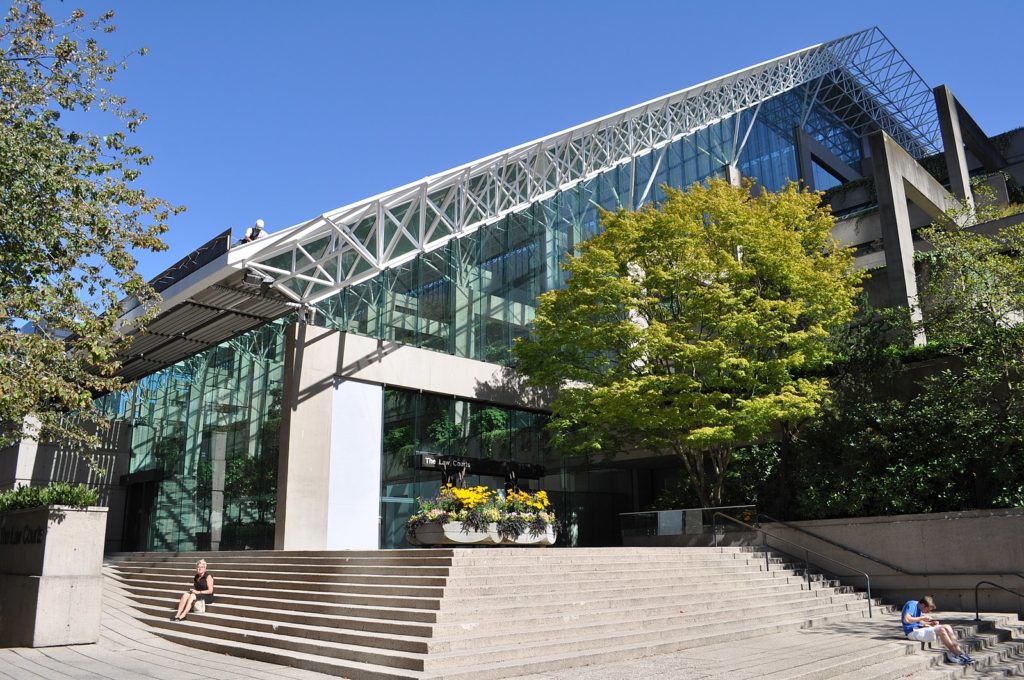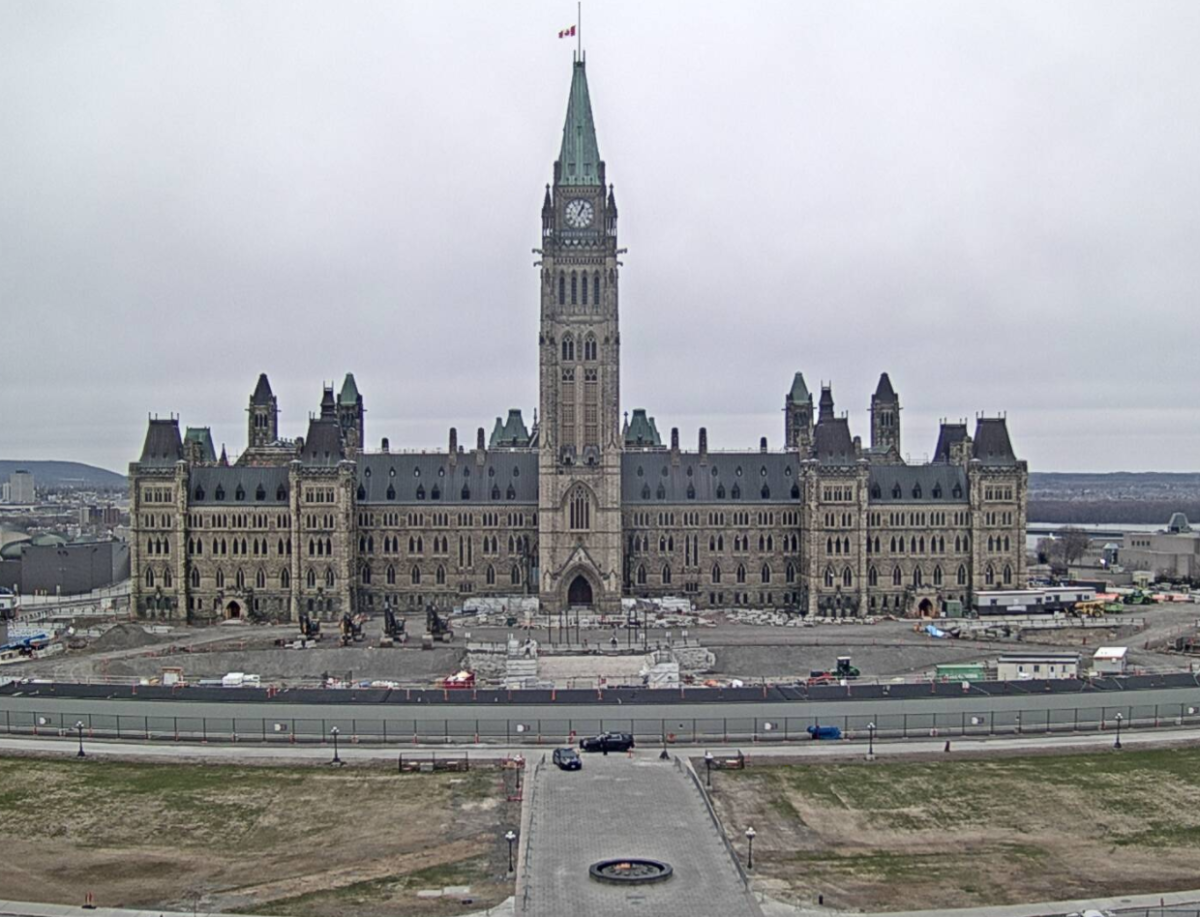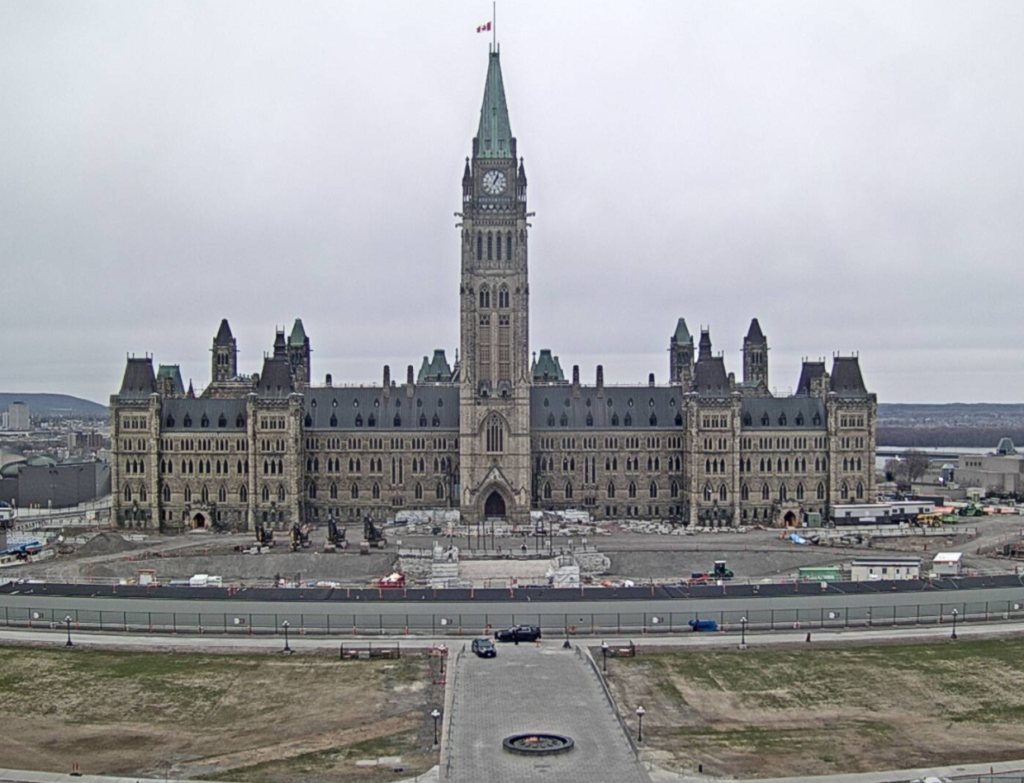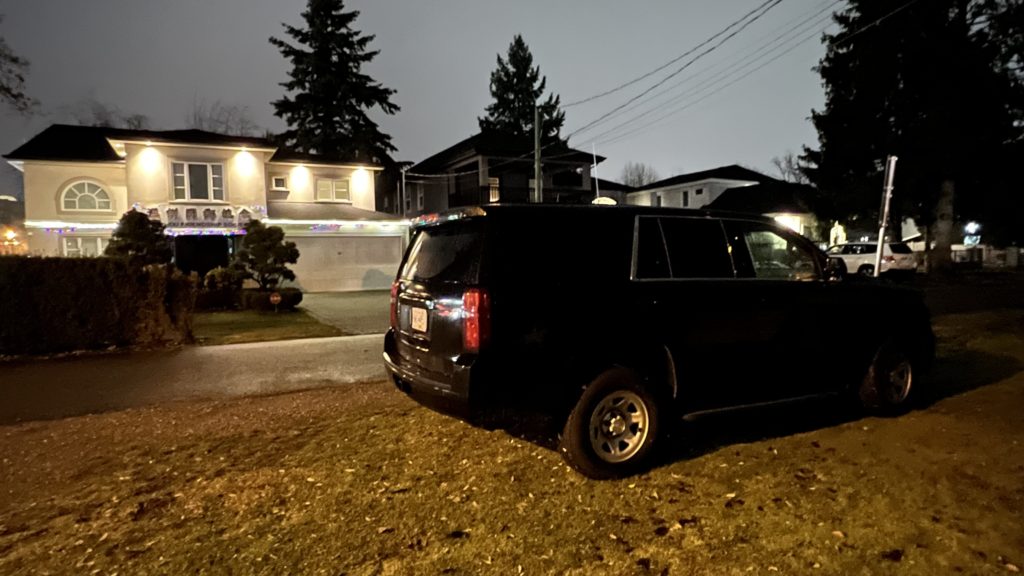IOC official still talking with Canadian Olympic Committee about hosting another Winter Olympics
Bob Mackin
An International Olympic Committee official said March 29 that the Canadian Olympic Committee is “still at the table,” talking about bringing the Winter Olympics back to Vancouver, despite the NDP government’s refusal to provide financial support.
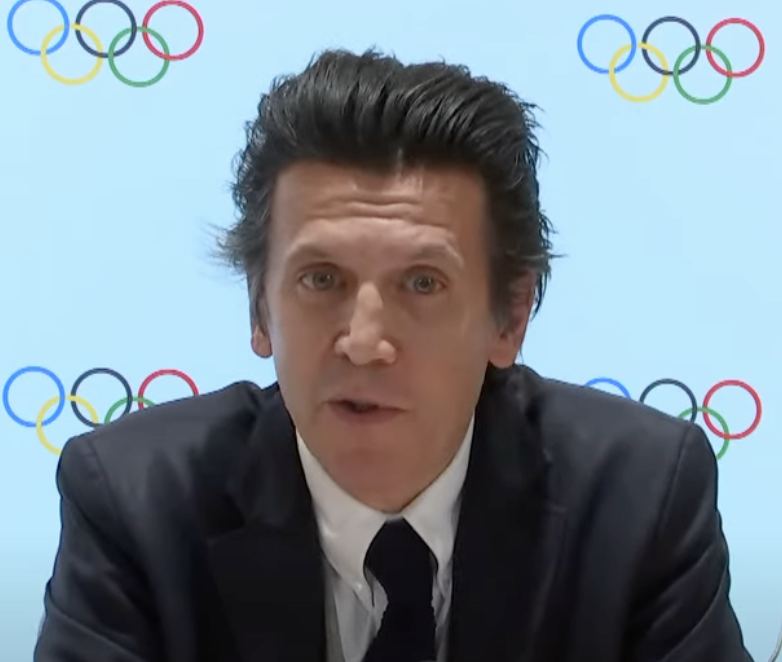
IOC Games executive director Christophe Dubi (IOC/YouTube)
However, the IOC’s executive director of Games, Christophe Dubi, spoke cautiously after the quarterly IOC executive board meeting in Lausanne, Switzerland.
“Our understanding is that conversations will take place again between the COC and the local authorities. So this is during the next few weeks,” Dubi said during a webconference with reporters. “So until then, no further work to be done either from us or COC. But we understand that discussions will take place, so we look forward to hearing the result of these.”
Pressed further, on whether those discussions are about resurrecting the 2030 bid or mounting a bid for subsequent Games, Dubi said “I would be more comfortable if they do respond to this very question.”
“What I can tell you is there was a project with an economical situation that was discussed between the parties and they should confirm whether it’s for one specific edition or a longer-term perspective,” he said.
The COC, which partnered with the Musqueam, Squamish, Tsleil-Waututh and Lil’wat first nations, said the proposal has not changed, but did not offer any further details.
“We remain hopeful that there will be an opportunity for all partners to come together to talk about the vision for the Games, and the lasting impact hosting a Games could have on the [Four Host First Nations], the province, and the rest of Canada,” said the statement from the feasibility team’s Chris Dornan.
Last October, the NDP refused to back the bid, including providing deficit insurance, because of excessive costs and risks and other spending priorities. That left 2002 host Salt Lake City and 1972 host Sapporo, Japan in the running.
The COC estimated it needed at least $1 billion from taxpayers for the $4 billion project. It proposed reusing most of the 2010 venues in Vancouver, Richmond and Whistler, with the exception of the Agrodome for curling, Hastings Racecourse for big air skiing and snowboard jumping and Sun Peaks resort near Kamloops for snowboarding and freestyle skiing.
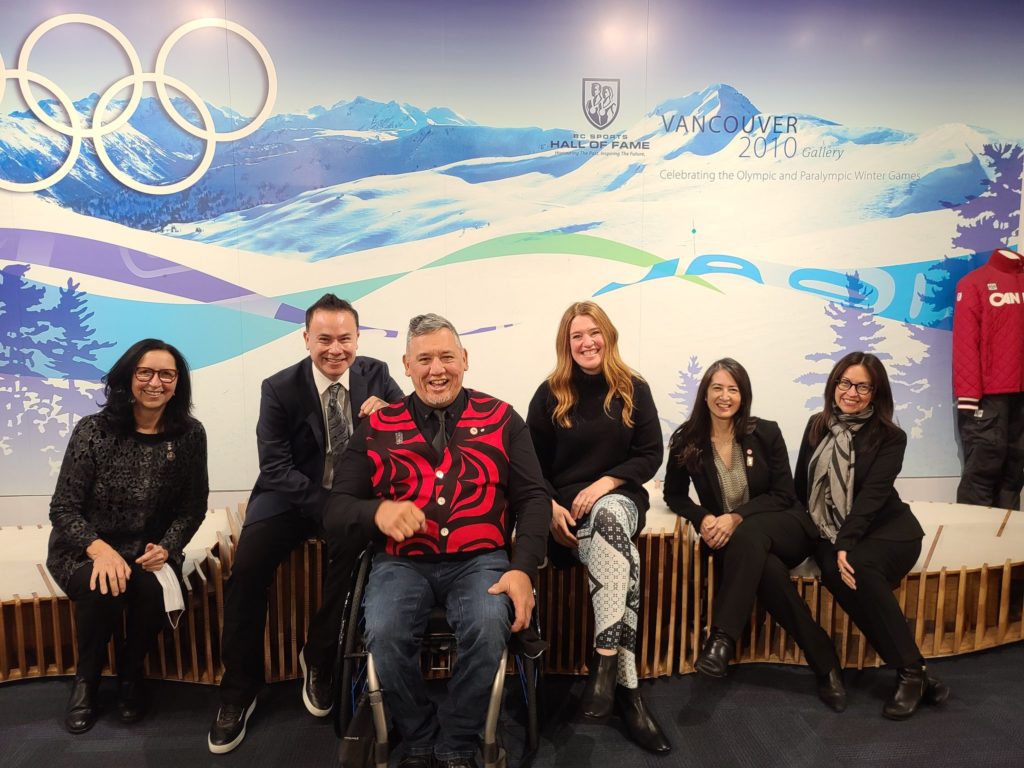
Canadian Olympic Committee president Tricia Smith (left) and Four Host First Nations executive director Tewanee Joseph (second from left) at the Dec. 10 bid exploration announcement (Twitter/Tewanee Joseph)
The COC’s Four Host First Nations-supported bid was also backed by Vancouver and the Resort Municipality of Whistler. The B.C. lobbyist registry shows no activity by COC lobbyists since last Oct. 12.
In December, the IOC postponed the decision on a 2030 host for a second time. It is using the indefinite pause to consider awarding the 2030 and 2034 hosting rights simultaneously and whether to award subsequent Winter Games to previous hosts that promise to only use existing and temporary venues.
Salt Lake City remains the frontrunner. In mid-February, both houses of the Utah legislature voted unanimously to support a bid for 2030 or 2034 and to give the state’s governor power to enter a host city contract with the IOC that includes underwriting any deficit.
The U.S. Olympic and Paralympic Committee, however, is emphatic that it would prefer to host the Games in 2034 due to sponsorship conflicts with the Los Angeles 2028 Summer Olympics.
In the meantime, Dubi said there is renewed interest in bidding from as many as six locations that he would not name.
“These are very mature winter markets, so I’m definitely not worried with the timing,” Dubi said.
The next Winter Games in 2026 are in Milano-Cortina, Italy, the same region that hosted in 1956 and 2006.
The 2026 runner-up, Stockholm, has launched its own 2030 feasibility study and could be a viable alternative to Sapporo, which is suffering from the Tokyo Olympics corruption scandal.
German Olympic officials have also vowed to seek a future Winter or Summer Games. The country has not hosted an Olympics since summer 1972 in Munich.
Support theBreaker.news for as low as $2 a month on Patreon. Find out how. Click here.
Bob Mackin An International Olympic Committee official said






